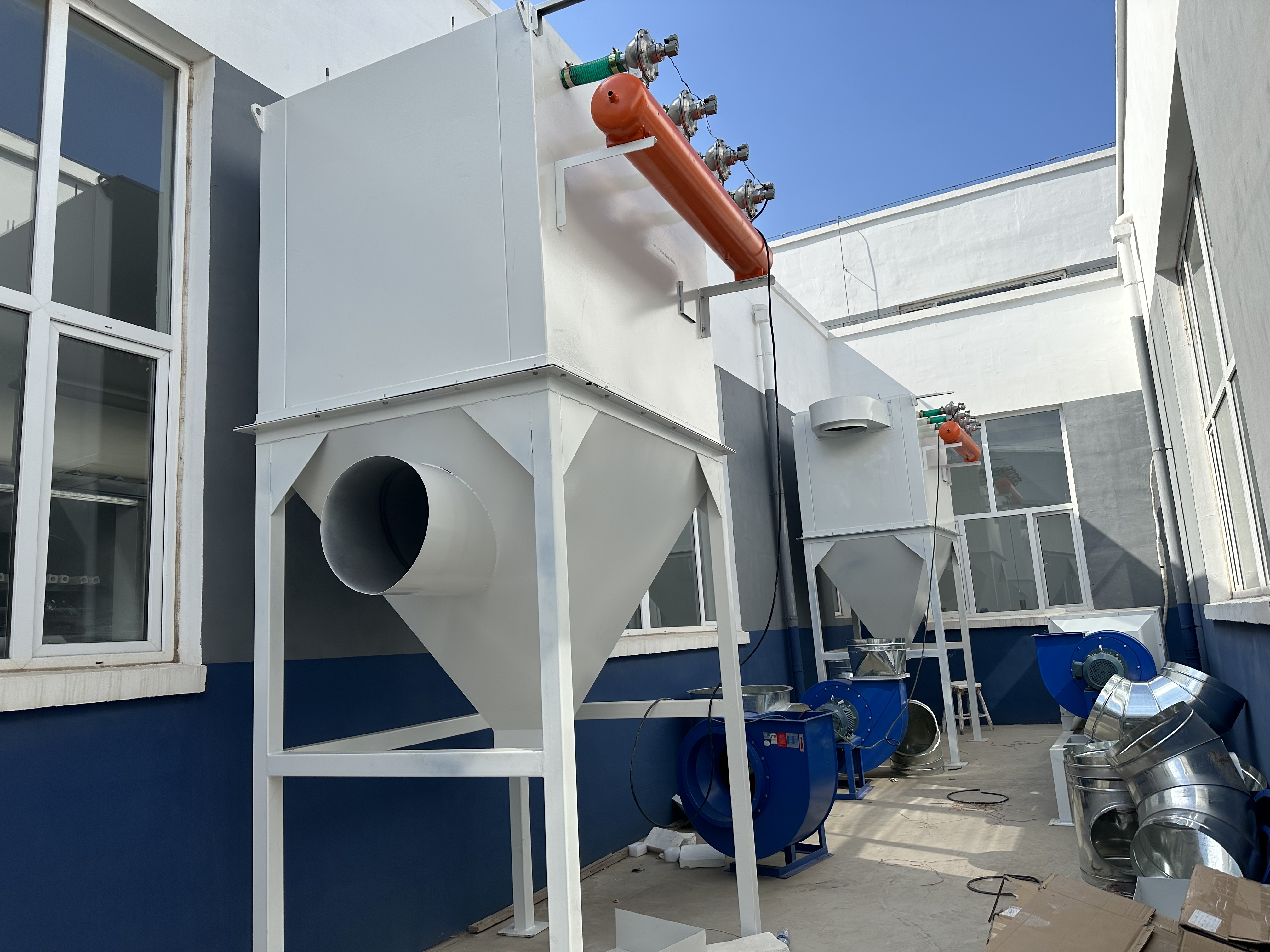Advantages of industrial alumina
Alumina is a versatile material with an extremely wide range of applications. Firstly, it exhibits excellent hardness and corrosion resistance, along with high physical performance and chemical stability, making it widely used in the manufacturing of ceramics, abrasive materials, chemical raw materials, and more. Secondly, alumina also has good thermal conductivity, which allows it to be used in the production of electronic components and other related products.
Disadvantages of industrial alumina
Although alumina is a common material, it also has some drawbacks. Firstly, prolonged exposure to alumina dust in the air can have a certain impact on the human respiratory tract. Secondly, during the process of grinding alumina, a large number of fine dust particles are generated, which also pose a threat to workers' health. In addition, excessively high concentrations of alumina can cause certain pollution to the environment and affect the ecological environment.
To address the pollution of industrial dust to individuals and the environment, Yunxing Industrial Ceramics Factory has specially purchased industrial dust treatment and purification equipment. This equipment adsorbs the dust generated during the production process, filters it through purification, and then discharges the cleaned air outdoors, thus safeguarding the safety of individuals and the environment around the factory.

Application of industrial alumina
1. Refractory Materials: Alumina is used in the production of refractory materials, such as refractory plates, refractory bricks, and thermal insulation materials. These materials remain stable in high-temperature environments and are commonly used in industries like metallurgy, glass, and ceramics.
2. Abrasives and Abrasive Tools: Alumina has high hardness and good wear resistance, so it is widely used in the manufacture of abrasives and abrasive tools. It can be used as both general abrasives and special abrasives, and is suitable for various grinding and cutting tools.
3. Ceramics: Alumina has important applications in the ceramic industry and can be used to manufacture electronic ceramics, structural ceramics, automotive ceramics, magnetic ceramics, and more. Alumina ceramics possess high mechanical strength, high insulation resistance, and high hardness, making them suitable for various industrial needs.
4. Electronics Industry: Alumina is one of the fundamental materials for electronic components and is used in manufacturing semiconductor devices, capacitors, resistors, glass-ceramics, and more. Its electrical insulation properties and dielectric constant enable it to play an important role in electronic equipment.
5. Building Materials: Alumina is used in the production of fire-resistant materials, high-temperature insulation materials, architectural coatings, and decorative materials. Its chemical stability and high-temperature resistance make it have important applications in the building materials industry.
6. Chemical Industry: Alumina is used as an additive, coagulant, and filler in the manufacture of various chemicals. Its high specific surface area and excellent pore structure enable it to perform outstandingly as a catalyst support.
7. Other Fields: Alumina is also used in fields such as aerospace, energy, and environmental protection. For example, in the aerospace field, alumina-reinforced composite materials are used to manufacture high-strength and lightweight structural components; in the energy field, alumina ceramic tubes are used in chemical production, oil extraction, and natural gas transportation, among other applications.

